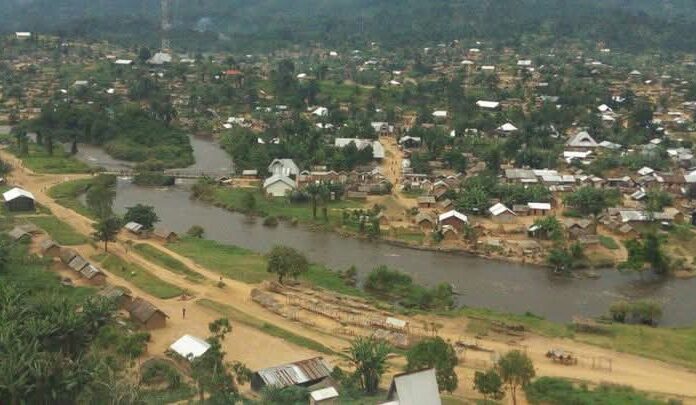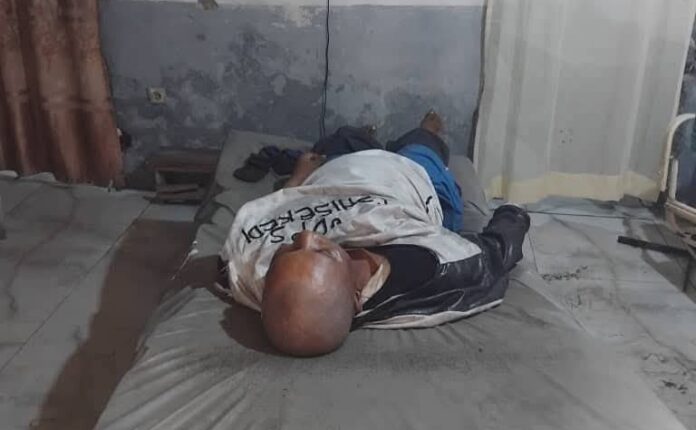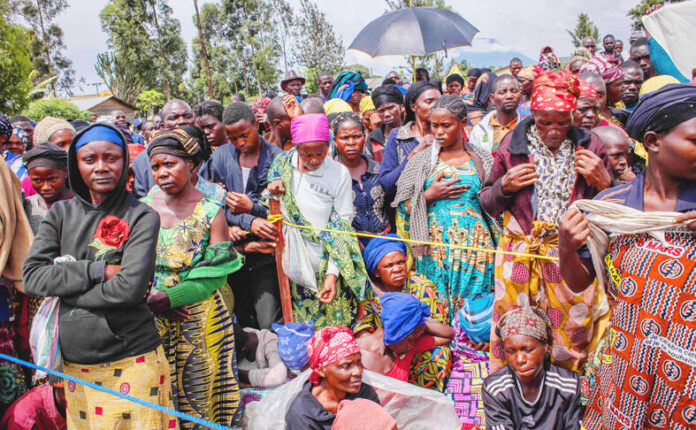In Burundi’s Muyinga Province, authorities have expelled Banyamulenge residents from the city, forcing them to relocate to refugee camps. This action comes in the wake of heightened tensions in the eastern Democratic Republic of the Congo (DRC), where the M23 movement has been making significant military gains against Burundian troops deployed in support of the Congolese army.
Note: Company, Blog, Church websites are free.
Since 1996, a large number of Banyamulenge Congolese Tutsi of Rwandan descent have sought refuge in Burundi, fleeing various waves of conflict in their homeland. The first major influx occurred during the First Congo War, when the Alliance of Democratic Forces for the Liberation of Congo (AFDL), led by Laurent-Désiré Kabila, launched a rebellion against the long-standing regime of President Mobutu Sese Seko. In the years that followed, recurring violence in the DRC forced many more Banyamulenge to seek safety in neighboring countries, including Burundi.
While some of these refugees settled in urban areas such as Muyinga and Bujumbura, many were housed in refugee camps, including Gasogwe and Musasa. Despite the relative stability they found in Burundi, tensions between the Banyamulenge community and local authorities have persisted, largely due to their ethnic and historical ties to conflicts in the DRC.
Burundian Government Orders Expulsions
On Friday of this past week, the Burundian government, through its Minister of Internal Security, Martin Niteretse, issued an order expelling Banyamulenge from the city of Muyinga.
One of those affected spokes, describing the sudden and forceful nature of their removal:
“We, the Banyamulenge, are no longer safe. Those of us living in Muyinga were rounded up and forcibly taken to the Gasogwe refugee camp without warning.”
According to this individual, they are being targeted because of their perceived association with the M23 movement, which is currently waging an intense military campaign against both the Congolese and Burundian armies in eastern DRC.
“They say they do not want us here because our relatives are killing their soldiers in the DRC,” the refugee added.
Burundi’s Involvement in the DRC Conflict
For the past three years, Burundian troops have been actively engaged in combat against M23 in eastern DRC. These forces were deployed as part of a broader military agreement with the Congolese government, which has sought regional support to counter the well-organized and battle-hardened M23 movement. Despite this intervention, Burundian and Congolese forces have struggled to contain the movement advances.
Recently, M23 has captured significant territory, including key strategic areas near the provincial capital of Goma. Last week, the movement overpowered the coalition forces and forced them into retreat. Now, reports indicate that M23 is pushing further south toward Bukavu, a critical city in South Kivu Province.
This continued expansion has raised alarm in Burundi, with government officials expressing concerns that M23 could extend its operations beyond the DRC’s borders.
Burundi’s Fears of an M23 Incursion
The Burundian government is increasingly wary of the possibility that M23 movement might infiltrate the country through Tanzania. Muyinga Province, where the Banyamulenge have been expelled from, is located near the Tanzanian border, a region that authorities fear could serve as an entry point for M23 forces.
As a precautionary measure, Burundian authorities have forcibly removed over 40 Banyamulenge families from Muyinga, relocating them to refugee camps under heightened security measures.
The expulsion of these families underscores the growing unease within the Burundian government regarding the evolving security situation in the region. With M23 continuing to gain ground in eastern DRC, Burundi finds itself in a precarious position committed to supporting its Congolese allies while simultaneously fearing potential blowback within its own borders.
For the Banyamulenge, this latest development represents yet another chapter in their long history of displacement, persecution, and survival amid the region’s ever-shifting political and military landscape.



